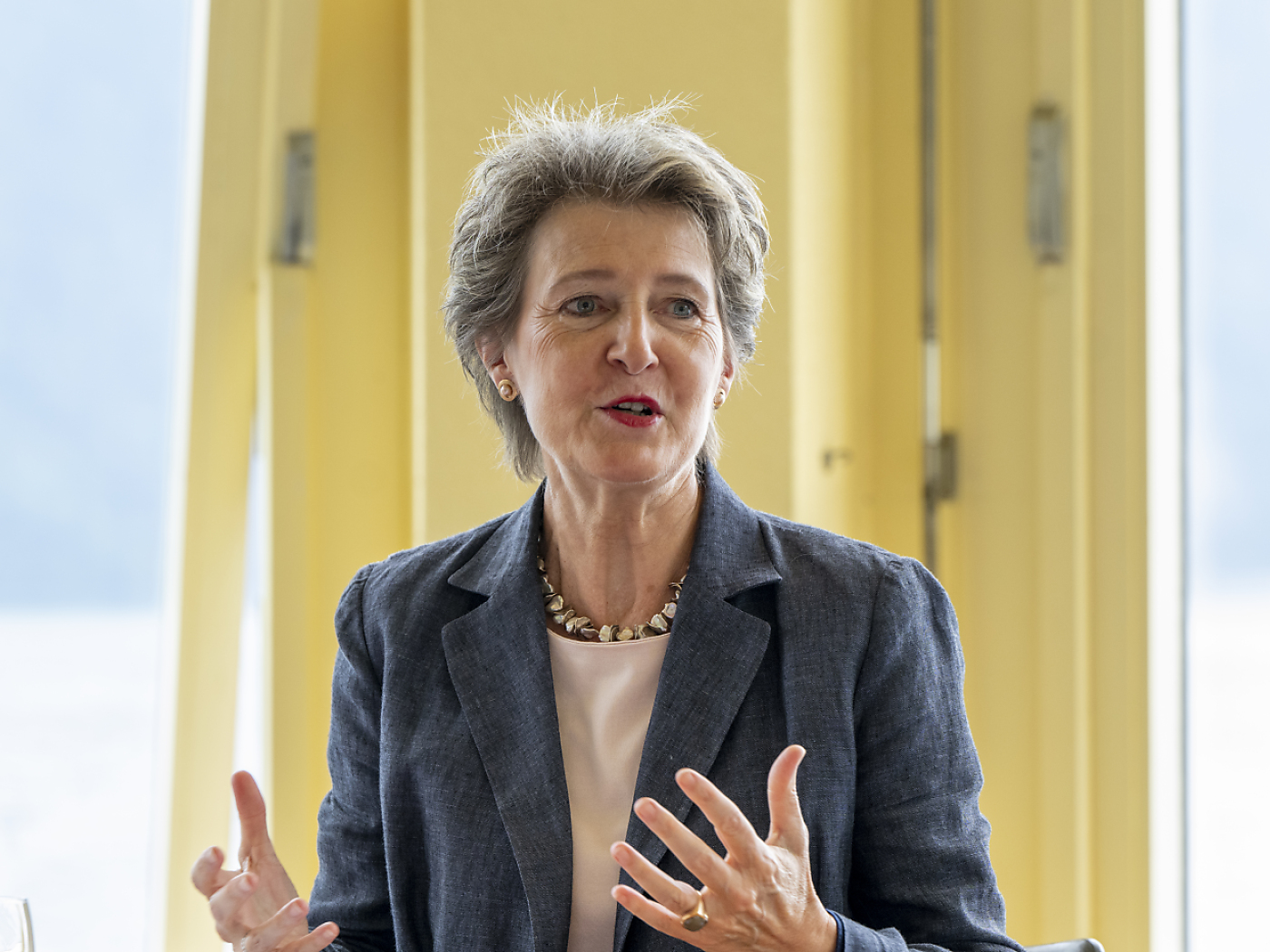Switzerland’s time debate: clock adjustments and EU alignment

Daylight saving time begins on Sunday. At 2am, all clocks are set forward one hour to 3am. Many clocks do this automatically. But how do they actually do it? And shouldn't the time change have been abolished long ago?
Who decides what time it is?
The Federal Office of Metrology (Metas) in Wabern, in canton Bern, holds the responsibility for determining and disseminating Switzerland’s official time. Using precise atomic clocks, researchers at Metas ascertain the duration of a second, contributing to the calculation of Coordinated Universal Time (UTC). Jürg Niederhauser from Metas highlights that the time change holds minimal significance within their time laboratory operations, as shared with the Keystone-SDA news agency.
How is this related to the time change?
The time shift is a natural consequence of time determination processes. For Central European Time (CET), one hour is added to UTC, while Central European Summer Time (CEST) adds two hours. Niederhauser clarifies that manual intervention at 2am is unnecessary and impractical, with adjustments pre-programmed in advance.
+Daylight Saving Time: when Switzerland was a ‘lost island’ in Europe
“Nobody has to press a button at two o’clock in the morning to do this,” Niederhauser explained. That would also be far too imprecise. Instead, this is programmed in advance, he says.
How do radio-controlled clocks realise that it’s time changeover?
The official Swiss time is not used by railway station clocks, church clocks and many alarm clocks. Since the decommissioning of the Swiss time signal transmitter in Prangins VD, Swiss radio-controlled clocks receive their signal from Germany. A radio tower around 200 metres high near Frankfurt am Main transmits the exact time every second around the clock. It receives its time from the German equivalent of the Metas, the Physikalisch-Technische Bundesanstalt in Braunschweig located in north-central Germany.
Mobile phones work differently. They get their time signal from the nearest mobile phone antenna. GPS devices are in contact with satellites.
When was the last time we changed the time?
An end to the time change has long been discussed in the European Union (EU). Specifically, the EU planned to do this from 2018, and the EU Commission presented a draft law to this effect. The European Parliament even voted in favour, but postponed the end of the time changeover planned for 2019 to 2021. However, the member states did not go along with this and put the plans on ice.
The core problem of the EU discussion is a disagreement as to which time should prevail at all – standard time, i.e. winter time, which is now coming to an end, or summer time. A patchwork quilt with several time zones should be avoided, and some EU countries are fundamentally against the end of the time changeover.
And in Switzerland?
The abolition of summer time has also been discussed in Switzerland. In 2010, former Swiss People’s Party parliamentarian, Yvette Estermann unsuccessfully called for the abolition of summer time in a motion. The Federal Council emphasised at the time that Switzerland had become a time island in 1980, when neighbouring countries introduced summer time but Switzerland did not.
+Sun goes down on opponents of Daylight Saving Time
The disadvantages for the economy had become clear. In order to avoid these disadvantages, Switzerland caught up with its neighbours a year later and introduced summer time. Switzerland is therefore likely to adapt to the EU this time too. In order to switch to perpetual summer time, a parliamentary decision would be required, including a change in the law. A decision by the Federal Council would be sufficient for perpetual winter time.
Get the most important news from Switzerland in your inbox – click here to subscribe
Adapted from German by DeepL/amva
This news story has been written and carefully fact-checked by an external editorial team. At SWI swissinfo.ch we select the most relevant news for an international audience and use automatic translation tools such as DeepL to translate it into English. Providing you with automatically translated news gives us the time to write more in-depth articles.
If you want to know more about how we work, have a look here, and if you have feedback on this news story please write to english@swissinfo.ch.

In compliance with the JTI standards
More: SWI swissinfo.ch certified by the Journalism Trust Initiative


















You can find an overview of ongoing debates with our journalists here . Please join us!
If you want to start a conversation about a topic raised in this article or want to report factual errors, email us at english@swissinfo.ch.